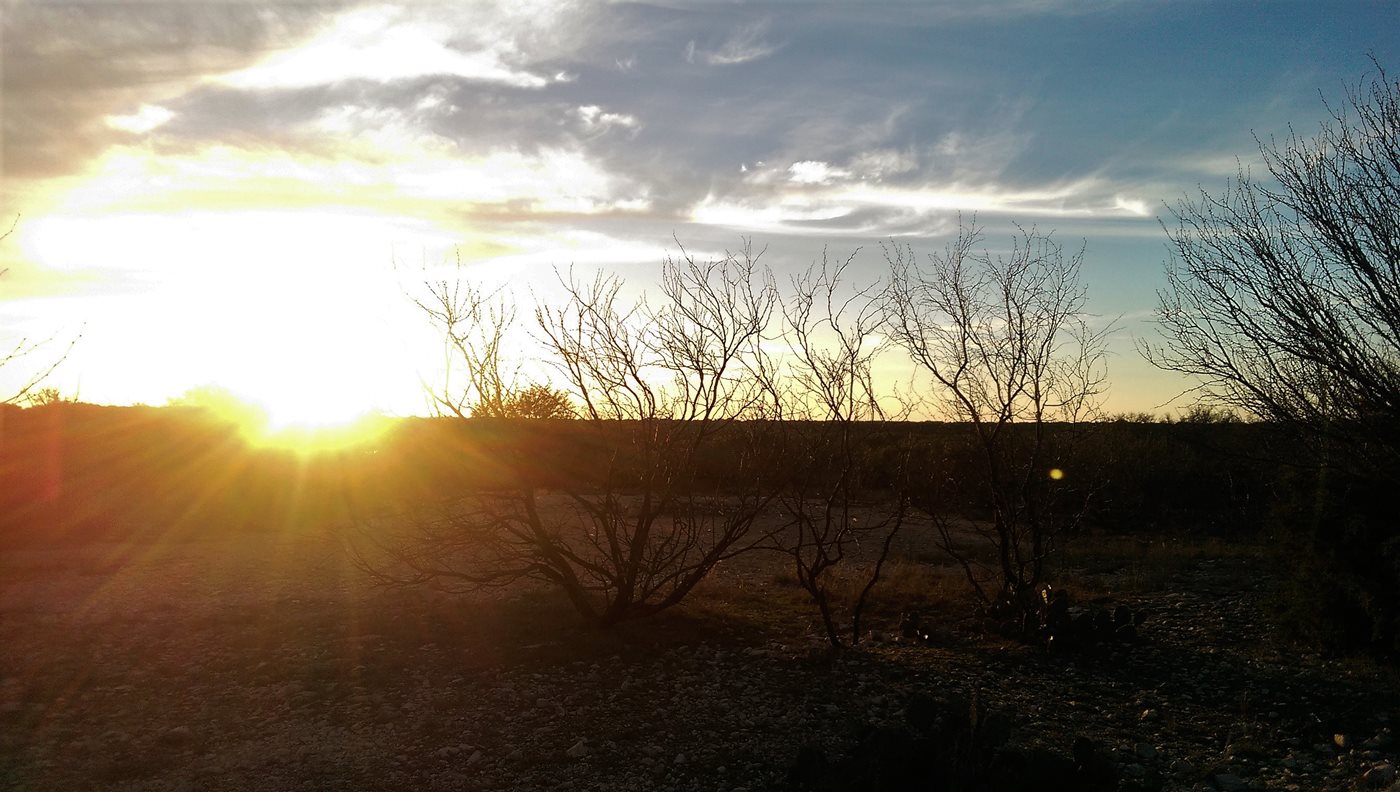March 2018

Firstly, plan your trips. When your work requires you to get yourself, your team, and your materials to a remote site, as well as bringing samples and data back from that site, planning is essential. At the beginning of the semester, I used Microsoft OneNote to plan each of my potential trips. I made a page for the planned dates of each visit. On those pages, I made a number of lists. I made lists of: what I needed to do and materials I needed to gather before the trip, equipment, supplies, etc. I needed to take, what needed to get done while I was there, and the potential team of people I could take. These planning lists proved essential to successfully making so many trips in such a short period of time. I was able to reference the lists and avoid last-minute, frantic planning.
Secondly, find some aspect of the trips to under-expect. Every time I have gone to the field, I have been pleasantly surprised by how smoothly things go. A huge part of that is that I make it a point to under-expect. Perhaps that sounds cynical, but there are plenty of reasons to do so. For me, the time commitment is the most “painful sacrifice” of being in the field. I plan generously regarding the number of days I’ll need to be gone for the research. So far, I’ve finished my work earlier than expected and been able to return home early. Being ahead of the curve like this generally makes me have a more positive attitude. I would rather set my expectations low (providing for any glitches in the plan) and be pleasantly surprised than be running behind schedule due to high expectations.
Thirdly, we’ve got to learn to go with the flow. Anyone who has tried to do any work with agriculture or natural systems knows that there are endless factors which supersede our control. We want so badly to perfectly plan and have everything go according to those plans. Unfortunately, as soon as we take research out of controlled labs, we lose that control. For example, a component of my project is to complete prescribed fires. Prescribed fires are extremely dependent upon weather. No matter how much I plan, weather pays no mind to those plans. As we drove up to the site in order to burn (5-hour drive, by the way,) it started to rain. I was devastated. I lost much sleep (and possibly years off my life) that night stressing about how much the rain had thrown my plans askew. I envisioned how this one climatic event was going to set my entire life back by decades as it would probably cause me to fail my defense, become homeless, etc. Yet, apart from praying my pray-er off, there was absolutely nothing I could do to make the rain stop. After such a restless night, I talked to my burn boss only to learn that it wasn’t actually a big deal at all and we’d still be burning that same afternoon. All that to say, I wasted a lot of emotions and stress on something that: 1) I had no control over and 2) was a non-issue. Don’t be like me…learn to go with the flow and save the stress for things you actually have some control over.
Lastly for now, try to enjoy where you’re doing your research. Chances are, if you’re doing research in the outdoors, it has some root in your enjoying being in the outdoors. I often wonder where my love for the outdoors has gone when I’m struggling away all day in my outdoor plots. Personally, I have begun to associate my research site and even the proximal area with stress. Maybe you can relate. But, we still get to be outside in places that are aesthetically pleasing, interesting, and/or new. I’m trying to look more closely for the beauty at my site, even though it may not be my favorite region. Maybe there are some sparse wildflowers coming up at your site that you hadn’t noticed before, maybe it’s the sunsets, maybe it’s the stars at night in the area, or maybe it’s just the chance to be out of your lab/office. I just want those of us who chose this field of study based on our love for the outdoors to never lose the wonder which fascinated us at first.
I hope maybe these tips for field work can be helpful to someone. I wish that I was better at each of these. I do know that when I am better about planning, under-expecting, going with the flow, and enjoying the outdoors, my project is more successful and enjoyable.
---
Heather Hannusch
Heather is a masters candidate in the College of Agriculture and Life Sciences.